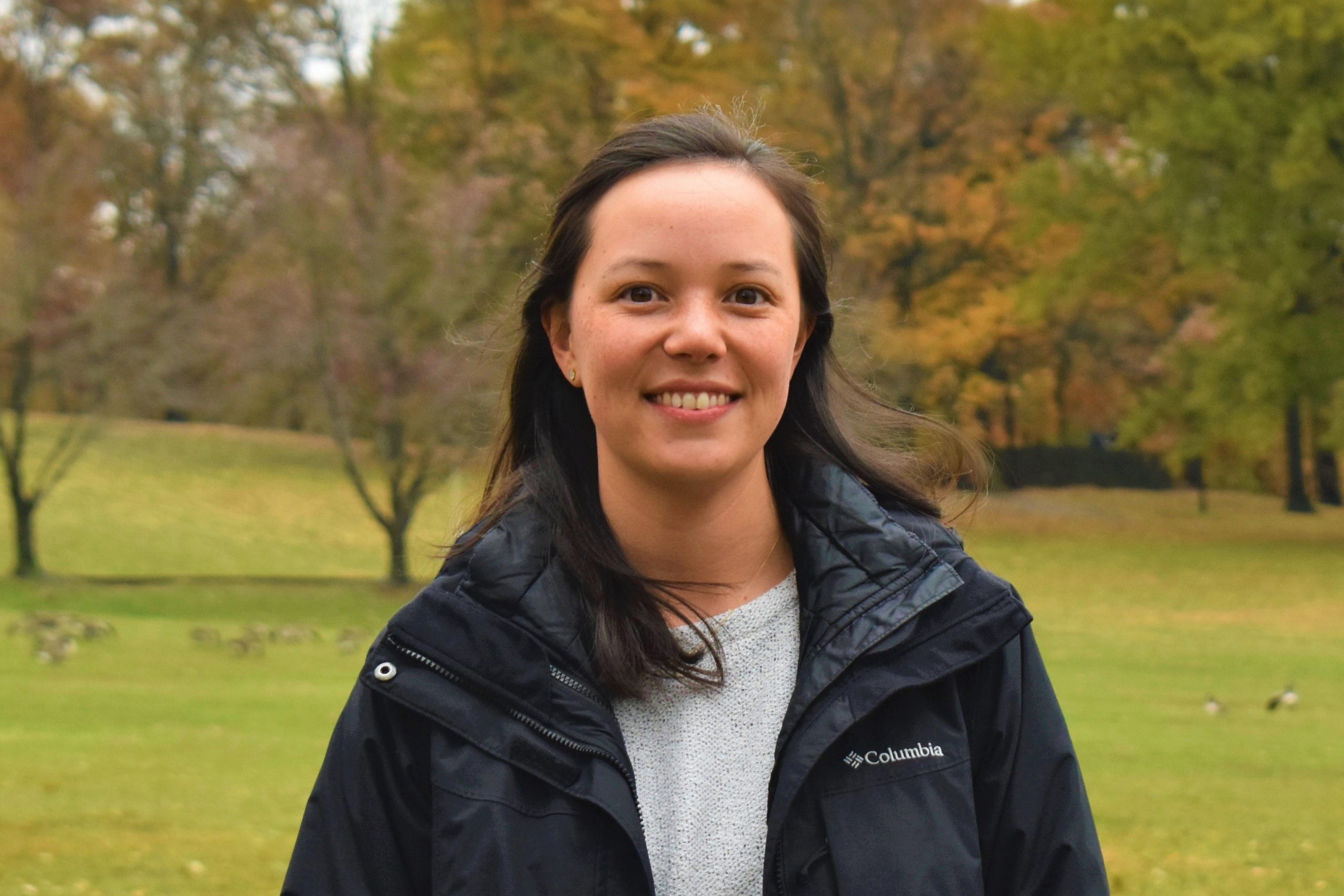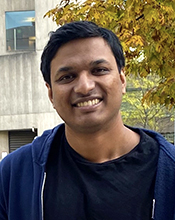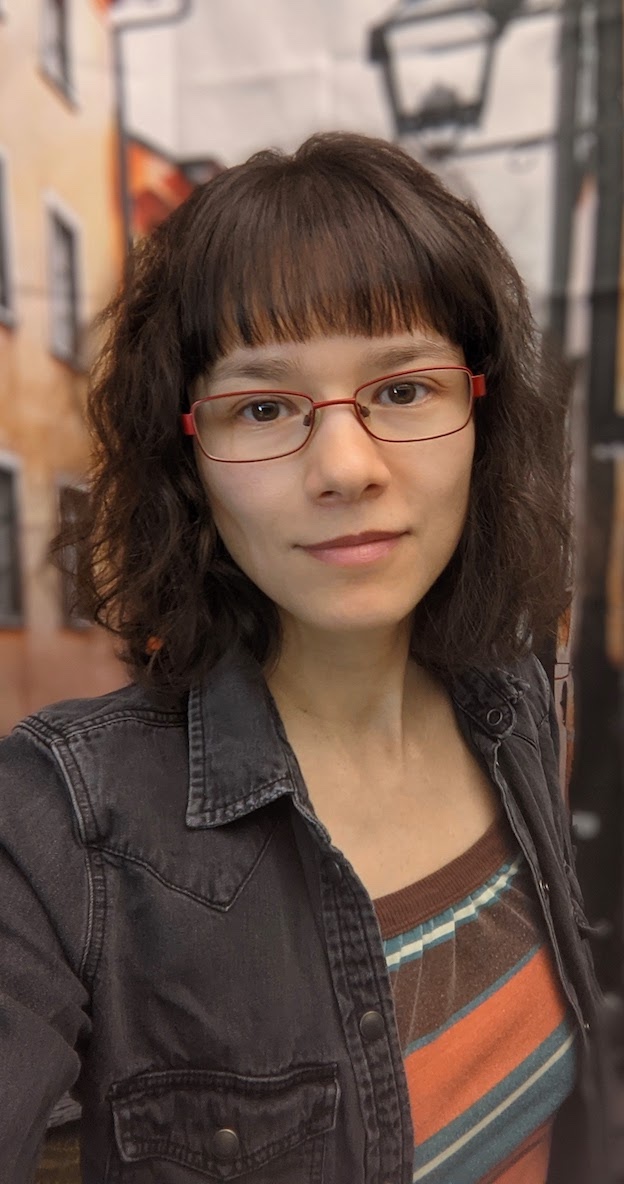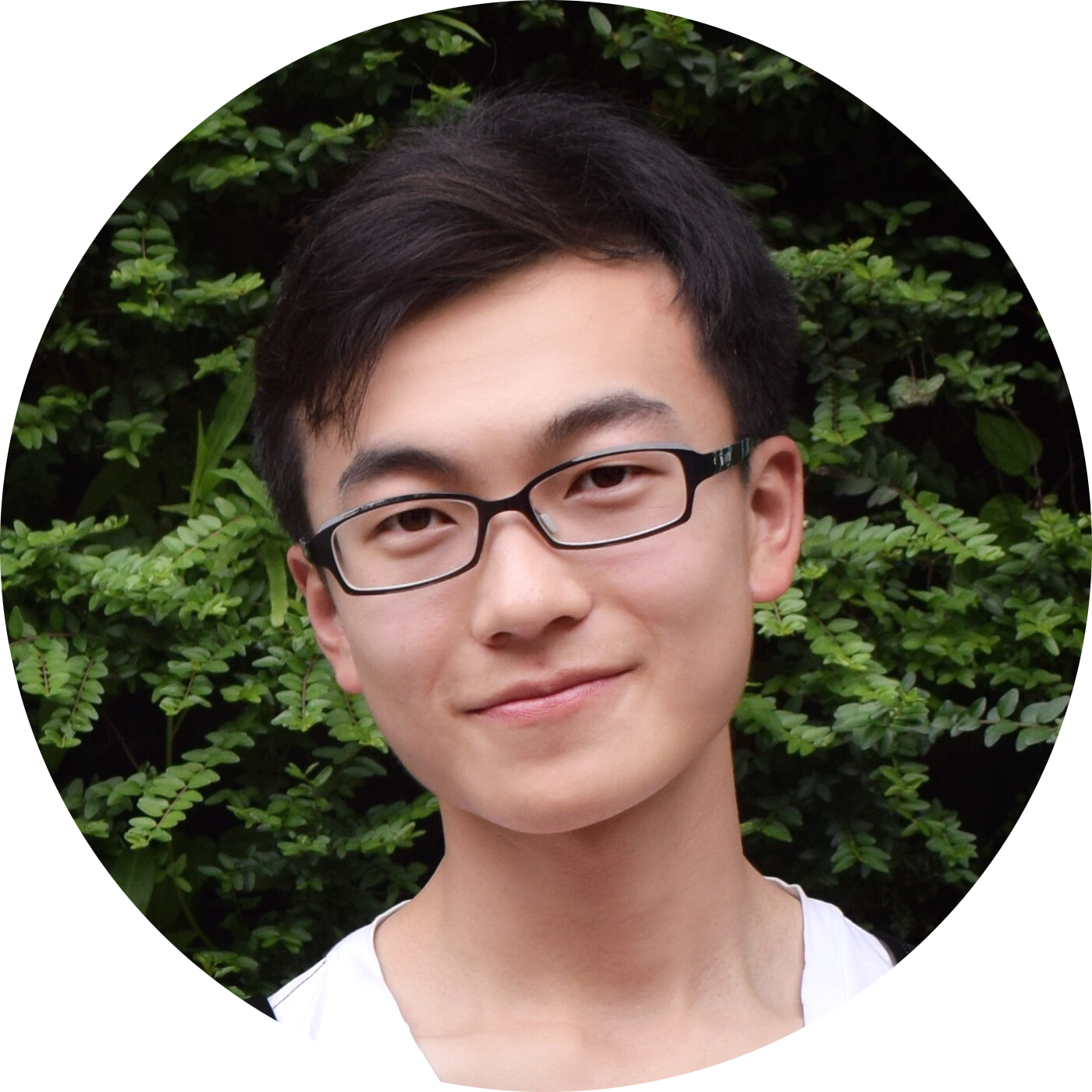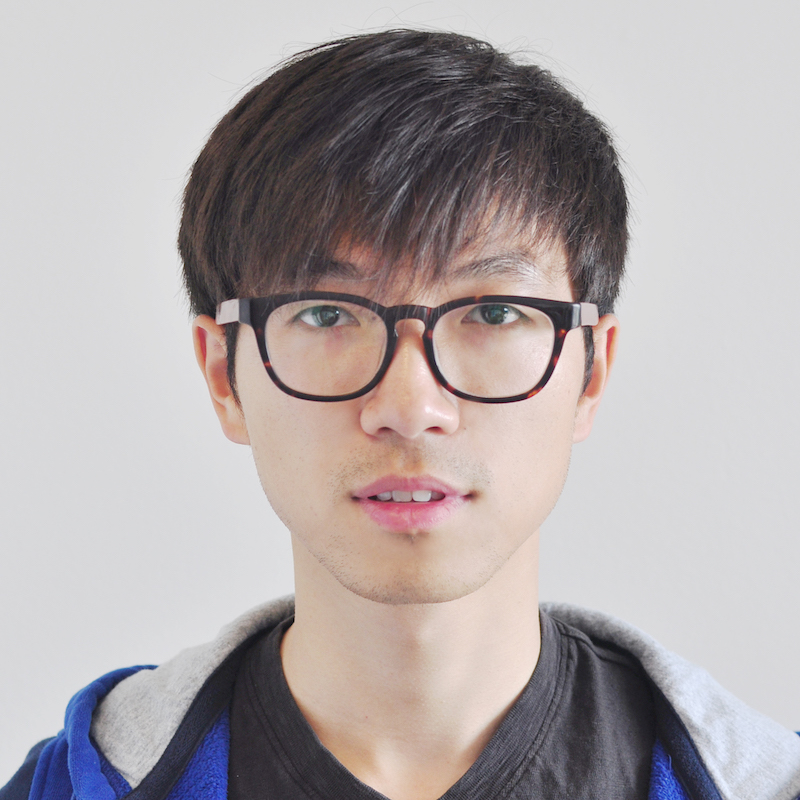About
New: Recording is now avaible on YouTube.
The workshop titled "Learning Dexterous Manipulation" aims to investigate learning-based approaches for dexterous manipulation with a high level of generalizability. Dexterous manipulation has been one of the most challenging problems in robotics, and this workshop intends to offer insights and perspectives to researchers and participants on this topic. Additionally, the latest advancements in various sensing technologies will also be discussed. The ultimate goal of the workshop is to equip participants with the knowledge and skills necessary to design and develop advanced robotic systems capable of performing complex manipulation tasks with perception and enhancing human-robot interaction and collaboration.
This workshop is intended for researchers, engineers, and students who have a solid background in learning-based approaches, computer vision, or other related fields, and are interested in robotics and robot sensing. The presenters and panelists for the workshop will include experts from both academic and industrial backgrounds, representing a variety of disciplines, such as robot learning, robotics, mechanical engineering, and robot sensing. Accepted papers will have a chance to be presented during the poster session, and selected papers will be featured in contributed talks. The workshop will be promoted through relevant mailing lists of universities and research institutes, as well as social media platforms. Here are the topics we are interested in, covering recent advancements and open questions in the context of learning dexterous manipulation. We hope to connect researchers from the communities of dexterous robotics, representation learning, computer vision, and to induce collaborations in this exciting new domain, while providing a platform to discuss recent developments, challenges and tradeoffs.


